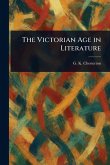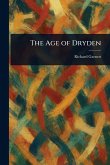Explore the nascent days of English fiction with J. J. Jusserand's "The English Novel in the Time of Shakespeare." This critical work delves into the landscape of early modern literature, examining the evolution of the English novel during the 16th and 17th centuries. Jusserand offers valuable insights into the historical and cultural context that shaped storytelling in the era of Shakespeare, exploring the influences and innovations that paved the way for later literary giants. A cornerstone of literary criticism, this book provides a detailed history of English fiction, analyzing its themes, styles, and its relationship to poetry and the broader cultural milieu of Great Britain. Discover the origins of narrative forms that continue to resonate today, through Jusserand's meticulous study of a pivotal period in literary history. This edition offers a carefully prepared republication of a classic text. This work has been selected by scholars as being culturally important, and is part of the knowledge base of civilization as we know it. This work is in the public domain in the United States of America, and possibly other nations. Within the United States, you may freely copy and distribute this work, as no entity (individual or corporate) has a copyright on the body of the work. Scholars believe, and we concur, that this work is important enough to be preserved, reproduced, and made generally available to the public. We appreciate your support of the preservation process, and thank you for being an important part of keeping this knowledge alive and relevant.
Bitte wählen Sie Ihr Anliegen aus.
Rechnungen
Retourenschein anfordern
Bestellstatus
Storno









